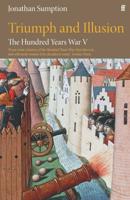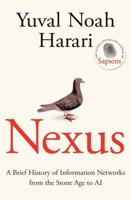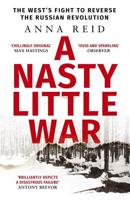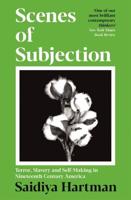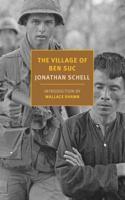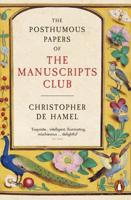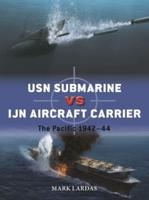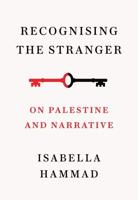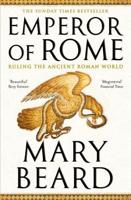Publisher's Synopsis
This historic book may have numerous typos and missing text. Purchasers can usually download a free scanned copy of the original book (without typos) from the publisher. Not indexed. Not illustrated. 1649 edition. Excerpt: ...of forethought, and was ready to learn from his enemies, and to adopt their arms and discipline. The six companies which he was allowed to have in Tyrone in the Queen's pay he took care to frequently change, and thus were the Tyrone men trained to arms, and at the expense of England; and, on pretence of having some buildings to roof, he brought into Tyrone large quantities of lead and had it cast into bullets.9 Unlike Shane O'Neill, he had not sought to crush the Ulster chiefs; he had tried rather to conciliate them, and induced them to lay aside their personal quarrels; and when the rebellion broke out, Ulster was united as she had never been before, and under a leader, the ablest she had ever known. Carew Papers, p. 101. Vol. II 43 Both O'Neill and O'Donnell had sent letters to the King of Spain, informing him that they had taken up arms in defence of the Catholic faith, and begging assistance in arms and men; but, so far, no assistance had come; time pressed; and the large reinforcements from England were on their way.1 Further delay was dangerous, and early in 1595 Tyrone's brother, Art, suddenly attacked and captured Portmore, on the Blackwater, and drove away the garrison, and thus was Tyrone cleared of the English. O'Reilly's country of Cavan was then attacked and wasted; and in May the Earl himself took the field, and with O'Donnell and Maguire and MacMahon besieged Monaghan, then garrisoned by English troops. Bagenal with 1,800 men set out from Newry to relieve it, and O'Neill allowed him to achieve his purpose, and thought it wiser to avoid giving battle, but to harass him on his return. Expecting that Bagenal would march to Dundalk, O'Neill had the route plashed. But Bagenal returned instead to Newry, and even here his forces...

